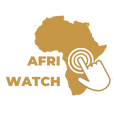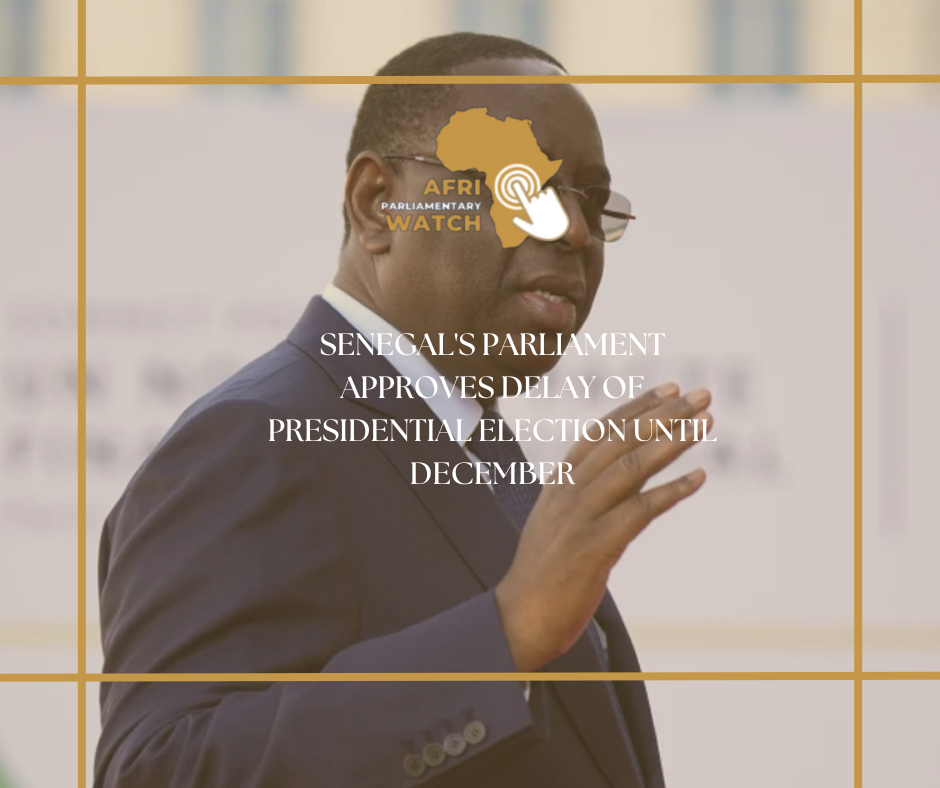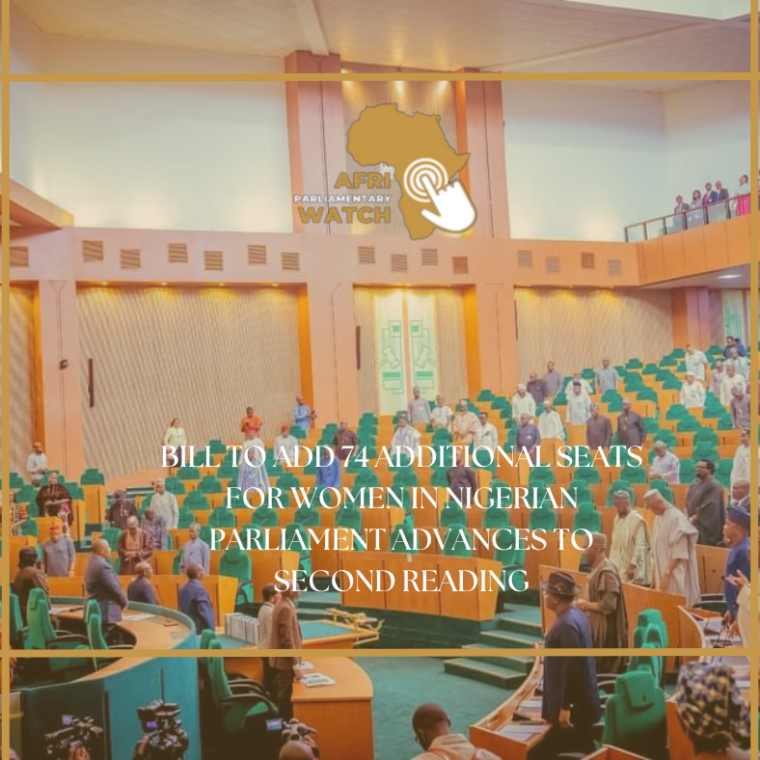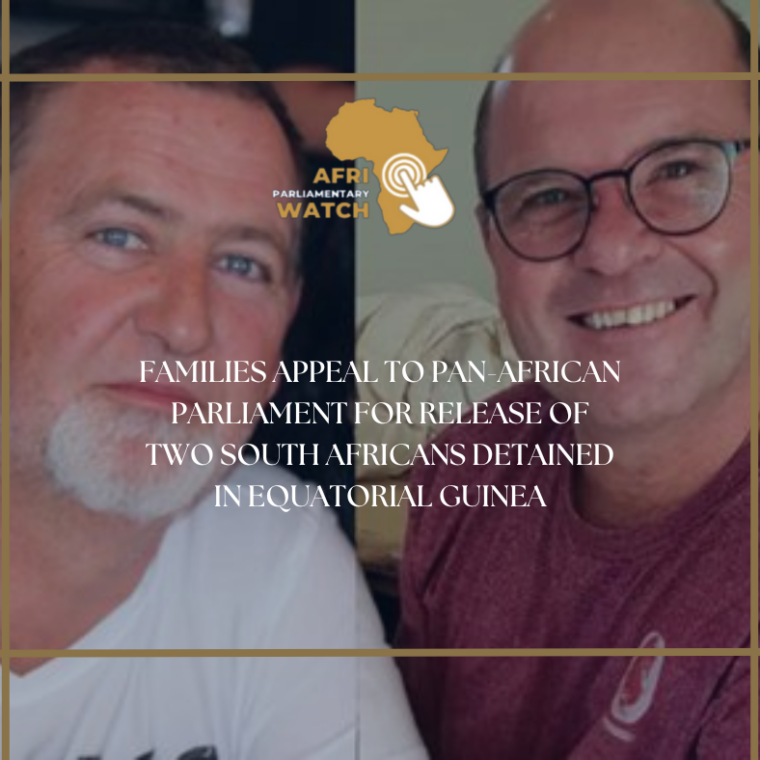On Monday night, Senegal’s National Assembly passed a bill to delay the presidential election until December 15. The vote occurred during a tumultuous session, marked by the forcible removal of opposition lawmakers from the chamber.
The bill received 105 votes in favor and one against, with backing from both President Macky Sall’s ruling Benno Bokk Yakaar (BBY) coalition and the opposition coalition Wallu Senegal. The session was marked by intense and chaotic scenes, including a physical altercation between lawmakers and a lengthy disruption caused by opposition members blocking the central dais.
President Sall had previously announced the indefinite suspension of the election on Saturday, citing issues with the candidate list and alleged corruption among constitutional judges.
During the heated parliamentary session, some opposition members rushed the dais and refused to leave, resulting in a standoff that lasted over an hour. Tempers flared, leading to a physical altercation and insults exchanged among lawmakers. The Speaker of the Parliament eventually withdrew, and security personnel were called in to remove the opposition members before the session could proceed.
Outside the National Assembly, dozens of gendarmes were deployed to prevent protests against the election delay. Despite this, demonstrations erupted across the country on Sunday, with opposition parties and civil society groups accusing Sall of using “fallacious reasons” to postpone the election.
Former Prime Minister Aminata Toure, who was among those arrested during the protests in Dakar, voiced strong opposition to the delay. In response to the unrest, Senegalese authorities suspended the signal of Walf TV, a private channel accused of inciting violence, and temporarily cut mobile internet access, a move condemned by Amnesty International as an infringement on free expression.
Protesters outside the National Assembly were dispersed by riot police as the lawmakers voted on the bill.
The election delay comes after Senegal’s Constitutional Council approved 20 candidates for the presidential race, with campaigns initially set to begin on February 4. Two opposition parties have vowed to challenge the postponement in court.
The United Nations is closely monitoring the situation. UN spokesperson Stephane Dujarric emphasized the importance of maintaining a peaceful environment and resolving differences through consensus in line with Senegal’s democratic traditions.





